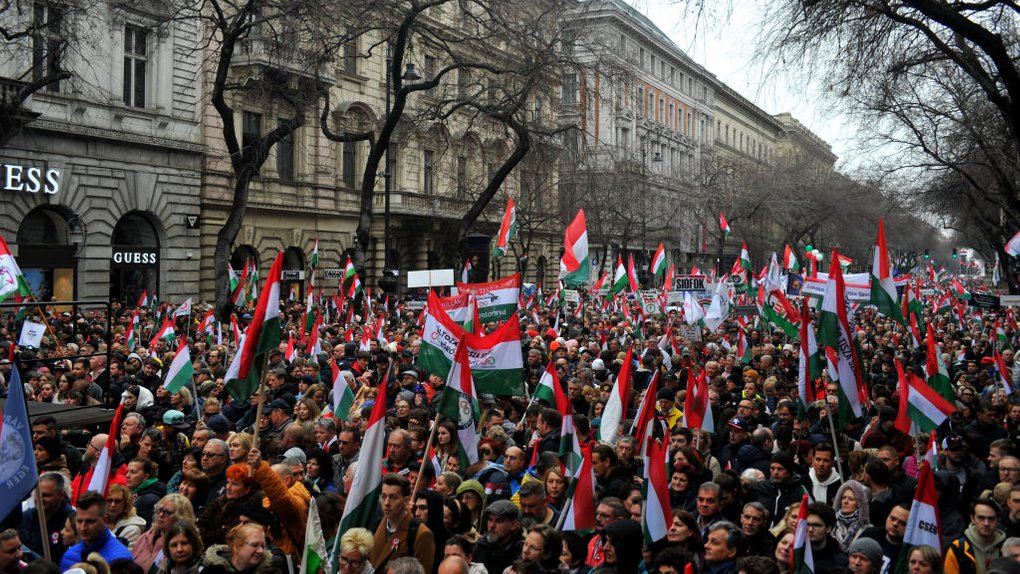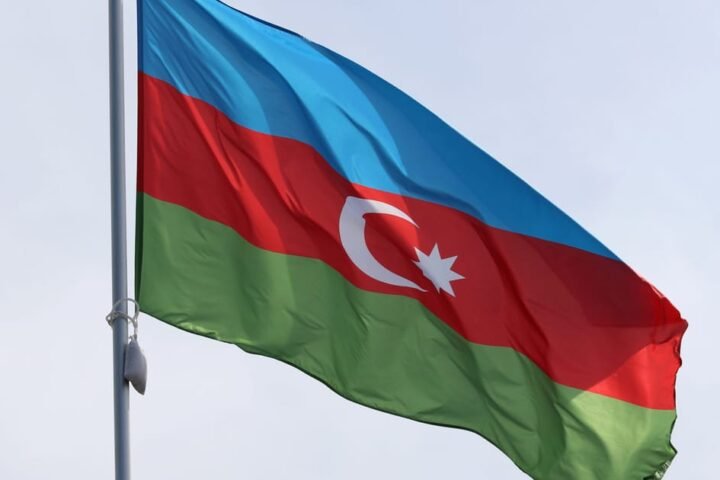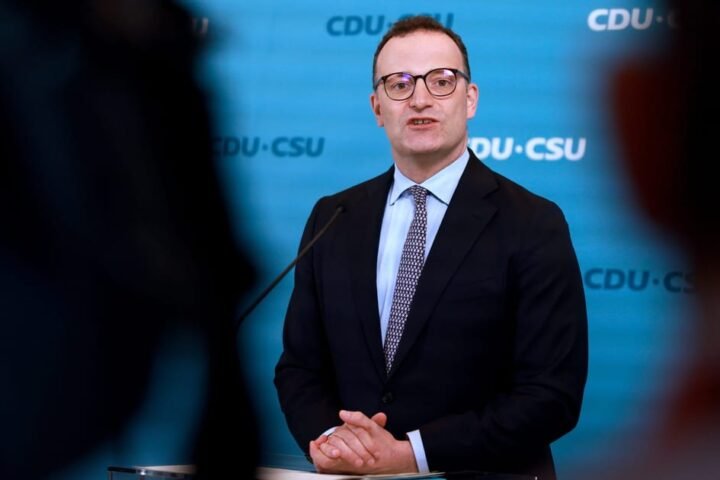On March 15, 2025, Budapest became the scene of mass protests, once again demonstrating the complexity of the country’s situation. Tens of thousands of people took to the streets to protest against Prime Minister Viktor Orbán’s policies, which continue to undermine European unity and align closely with the Kremlin. This date, symbolically tied to the anniversary of the 1848 revolution, when the country fought for its freedom, sees Hungarians once again protesting against the usurpation of power. But is Orbán willing to listen to those demanding change?
Focus on National Sovereignty and the EU
One of Orbán’s latest moves is the publication of a list of 12 demands to the EU, including calls for the creation of a “Europe of Nations,” the restoration of national sovereignty, and the exclusion of Ukraine from the European integration process. At first glance, these demands may seem appealing to Eurosceptics, but they conceal a strategy reminiscent of the narratives actively promoted by the Kremlin. A strong and united Europe is a threat to Russia, and Moscow uses politicians like Orbán to weaken this unity.
Orbán’s statements, including his refusal to support Ukraine and his blocking of sanctions against Russia, openly echo Russian propaganda. In recent years, Hungary under his leadership has systematically opposed measures that could strengthen European cohesion. He also exploits the issue of migration to fuel fear, causing division among EU countries, while promoting anti-European narratives about the “dictatorship of Brussels.” At the same time, he aligns with the Kremlin’s stance on “sovereignty” and shows a particular interest in excluding Ukraine from European integration.
Orbán’s Policy Toward Hungarians in Ukraine: Manipulation or Genuine Concern?
Another crucial aspect of Orbán’s policy is his use of the Hungarian minority in Ukraine as a political tool. He frequently criticizes the Ukrainian government for alleged violations of Hungarian rights but ignores the real challenges these communities face. When it comes to Russian shelling in Transcarpathia, his so-called concern disappears, and financial aid for the region’s reconstruction is blocked.
Orbán’s actions suggest that he is not genuinely trying to help Hungarians in Ukraine but rather using them as leverage against Kyiv while diverting attention from his own domestic problems. His rhetoric on Hungarians in Transcarpathia serves internal political interests rather than a sincere effort to protect their rights.
The Danger of Authoritarianism in Hungary
Under Orbán’s leadership, Hungary has lost much of what once made it proud. Press freedom is under serious threat: independent media outlets have either been shut down or placed under strict government control. In recent years, Orbán has actively worked to suppress opposition by passing laws that limit funding for NGOs and restrict independent journalism. Recent polls indicate that his party, Fidesz, is losing public support.
Having already manipulated legislation, Orbán is now preparing to change electoral rules to secure victory despite his declining popularity. This is why protesters are demanding free elections and the restoration of democracy—something Orbán seems determined to prevent at all costs.
The EU Must Act
The European Union has long turned a blind eye to Orbán’s violations. However, a critical turning point has been reached. If the EU fails to respond to the threat of authoritarianism in Hungary, it could set a dangerous precedent for other autocrats in Europe. New sanctions must be imposed on Hungarian officials undermining democracy, opposition forces must be supported, and media independence must be safeguarded.
Otherwise, Hungary risks becoming another Belarus, where democratic elections are nothing more than a formality. The EU must take decisive action to prevent the loss of another democratic nation.
March 15, 2025, could become a turning point in Hungary’s fight for its future. Will democratic forces be able to stop Orbán’s authoritarian ambitions, or will the country lose its democratic identity? The answer cannot wait.










